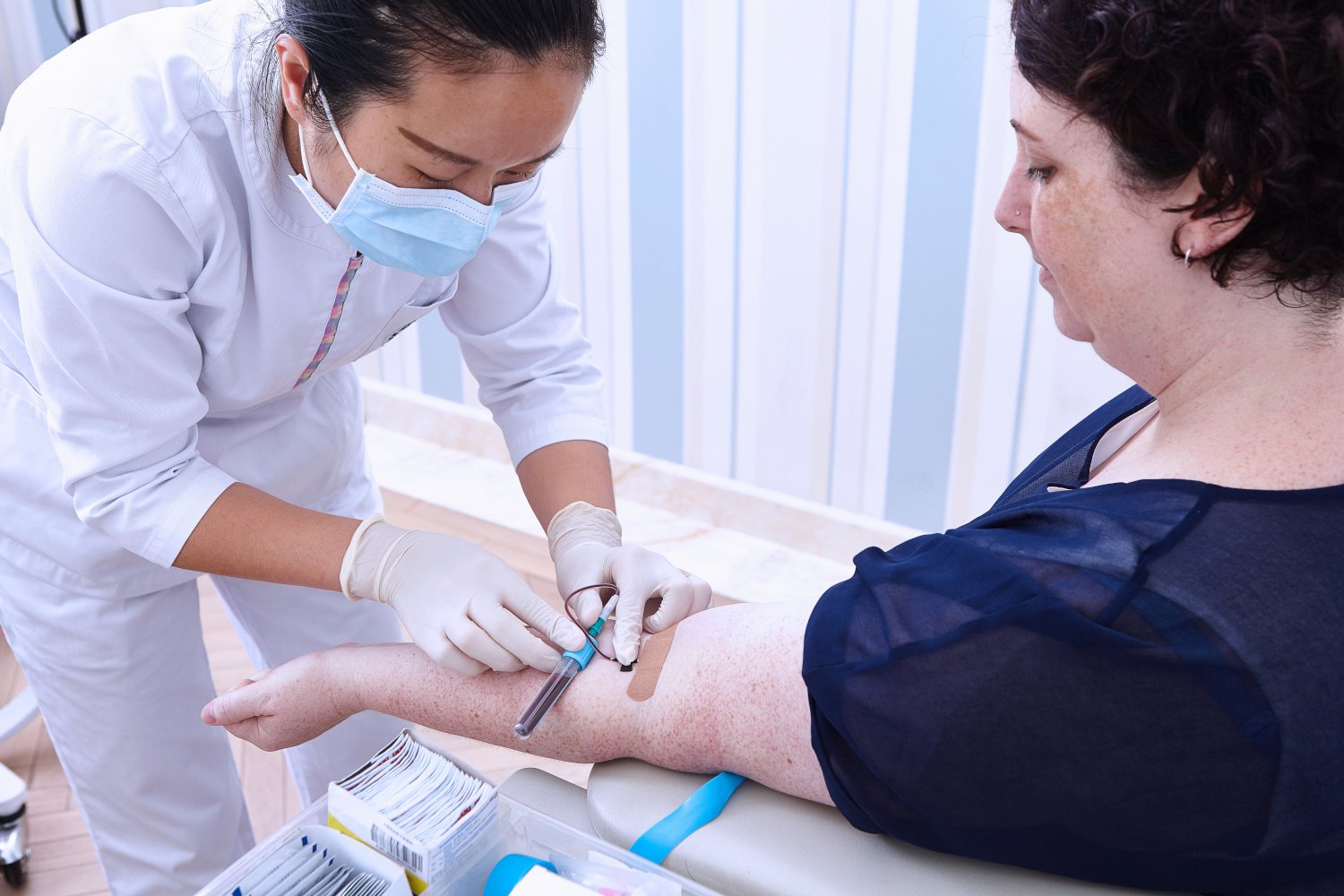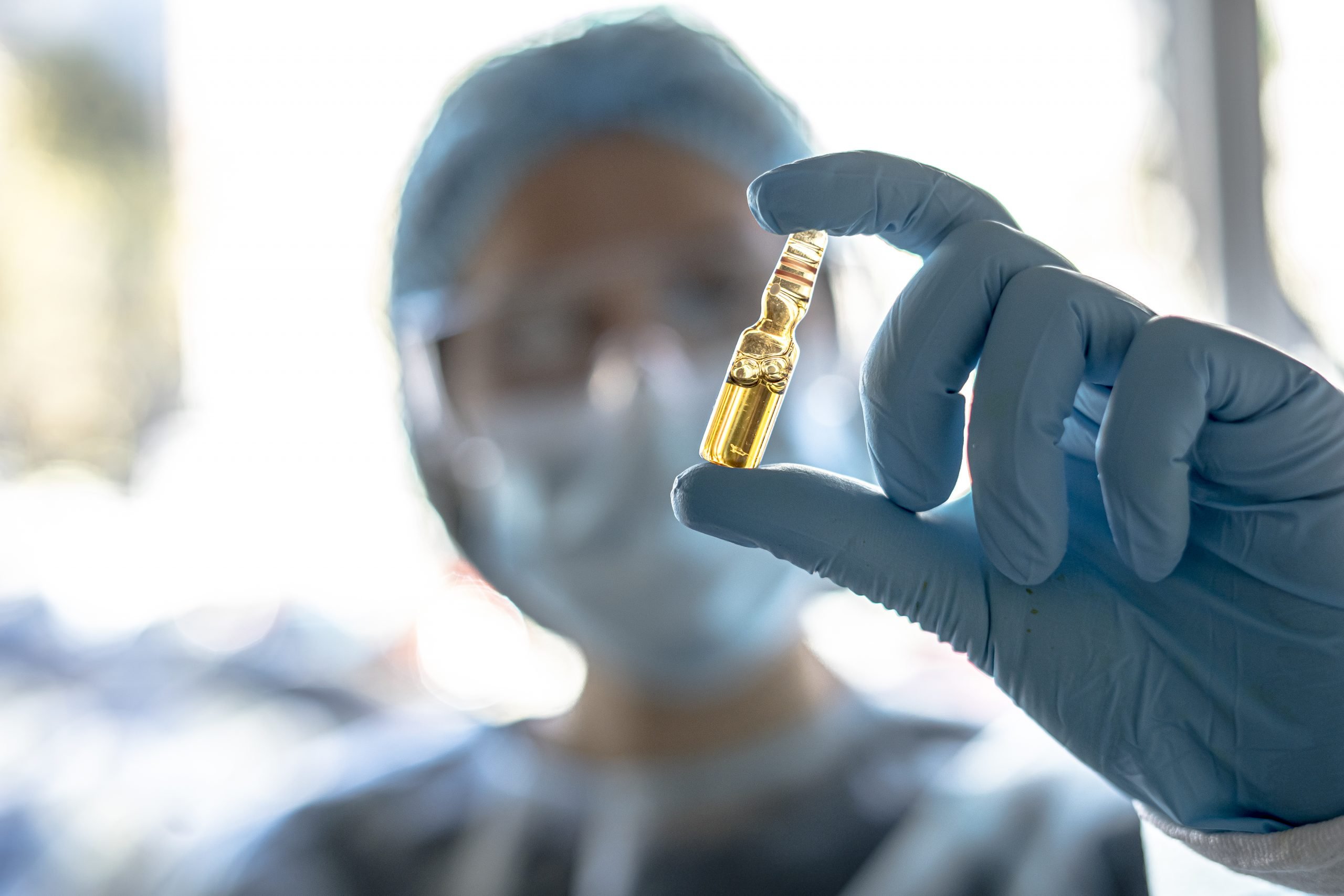Treatment shows promise where other antidepressants fail.
Anxiety, depression and suicide are on the rise among American youth. But ketamine — a drug historically used as a surgical anesthetic — is showing promise as a treatment that can succeed where other antidepressant medications have failed.
The need for help is dire. A 2019 Pew report said 70 percent of teenagers report anxiety and depression as a “major problem” for them and their peers. Teen suicide rates are climbing, particularly among girls, according to a Johns Hopkins study. And across age groups, roughly one-third of patients struggling with clinical depression don’t respond to traditional antidepressants.
Against that gloomy backdrop, ketamine has emerged as a ray of hope. The FDA recently approved Spravato, a derivative of ketamine administered in a nasal spray, to treat depression. However, clinicians have mainly relied on ketamine administered through IV infusions because they are able to adjust the dosing for individual patients during treatment.
“This is a game changer,” said Dr. John Krystal, chief psychiatrist at Yale Medicine and a pioneering ketamine researcher, according to a Yale article. “With most medications, like valium, the anti-anxiety effect you get only lasts when it is in your system. When the valium goes away, you can get rebound anxiety. When you take ketamine, it triggers reactions in your cortex that enable brain connections to regrow.”
Read the full article on Psychology Today here.



























